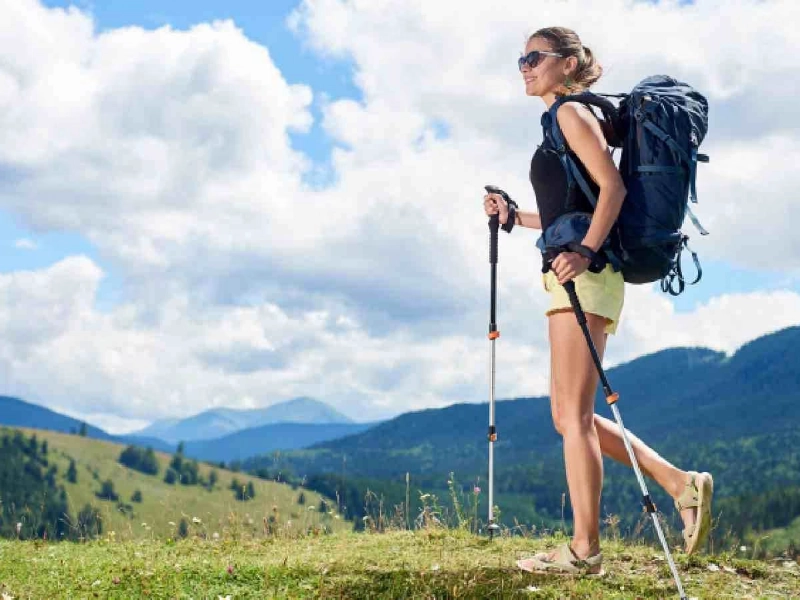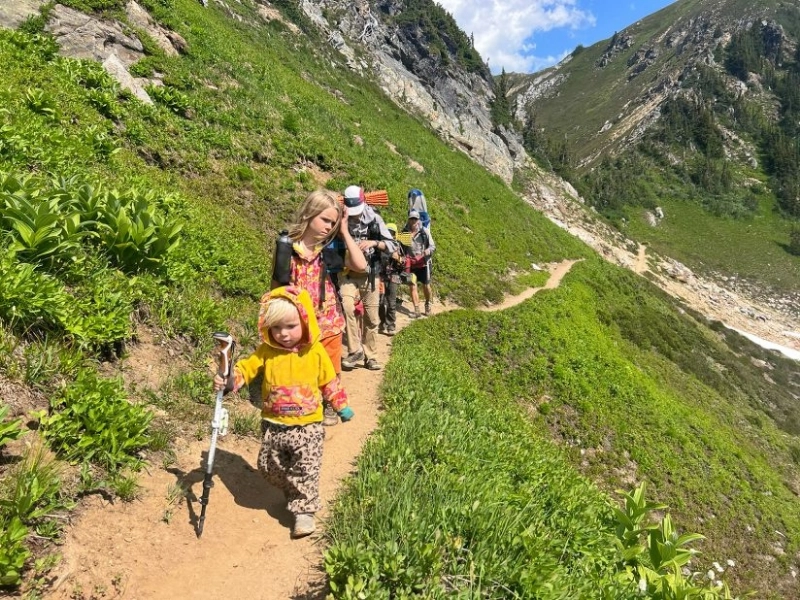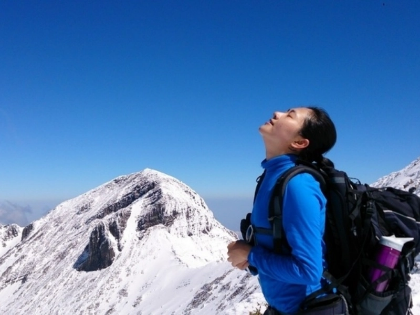3 Basic Skills in Hiking
Hiking is a fantastic outdoor sport that everybody may enjoy. Exercise, fresh air, and a stunning view can all help improve one's physical and emotional well-being. Before heading out on the route, a hiker should be familiar with a few abilities, though. Using a compass and reading maps are a couple of these.
1. Hiking Techniques

2. Ability to Navigate
 Some hikers seem to have forgotten how to read a map and use a compass in an era when many hikers rely on GPS gadgets to transport them from point A to point B. It's unfortunate because this is a crucial ability that, in the event that something goes wrong with your gadget, might save your life.
It also implies that you can travel to parts of the countryside that you couldn't access without the ability to read a map and use a compass. Our expanding library of courses can teach most walkers the fundamentals of navigation, from how to use a GPS unit to recognising the components of a compass and providing a basic grid reference.
You will be able to improve your navigational abilities as you get more experience. Prior to embarking on your trek, consider a safe crossing strategy for any rivers you may encounter. You can decide whether to try to locate a passage across or around the river by using your knowledge of the prevailing winds and the fact that plants and trees tilt in specific directions. Additionally, you may use your understanding of the sun to determine whether it is better to travel uphill or downhill, depending on which way the light is coming from.
Some hikers seem to have forgotten how to read a map and use a compass in an era when many hikers rely on GPS gadgets to transport them from point A to point B. It's unfortunate because this is a crucial ability that, in the event that something goes wrong with your gadget, might save your life.
It also implies that you can travel to parts of the countryside that you couldn't access without the ability to read a map and use a compass. Our expanding library of courses can teach most walkers the fundamentals of navigation, from how to use a GPS unit to recognising the components of a compass and providing a basic grid reference.
You will be able to improve your navigational abilities as you get more experience. Prior to embarking on your trek, consider a safe crossing strategy for any rivers you may encounter. You can decide whether to try to locate a passage across or around the river by using your knowledge of the prevailing winds and the fact that plants and trees tilt in specific directions. Additionally, you may use your understanding of the sun to determine whether it is better to travel uphill or downhill, depending on which way the light is coming from.
3. Capabilities for Survival
 Though it may appear like a fairly easy outdoor pastime, hiking actually requires some survival skills in order to be done properly. Both novice and seasoned hikers frequently ignore these abilities!
Every hiker should be proficient in first aid, navigation, and water collection as survival skills. Since hiking may be an intense sport that can result in injuries including blisters, muscle cramps, and bleeding, first aid is crucial. In order to promptly return to the trail, hikers should be aware of how to treat these injuries.
Hikers should also be proficient in reading topographic maps and using a compass for backcountry navigation. Although a lot of hikers now rely on GPS applications for navigation, it's always a good idea to have a backup and become familiar with basic map reading and compass abilities.
Since it's not always simple to locate water fountains or spigots on trails, hikers should also make sure they have a method for gathering water while they're out in the bush. To assist with this process, Hutch suggests taking purification tablets or a water filter. Lastly, it's a good idea for hikers to have a whistle with them so they may call for assistance in an emergency. Whistles can save lives in an emergency because they are lightweight and audible from a mile away.
Though it may appear like a fairly easy outdoor pastime, hiking actually requires some survival skills in order to be done properly. Both novice and seasoned hikers frequently ignore these abilities!
Every hiker should be proficient in first aid, navigation, and water collection as survival skills. Since hiking may be an intense sport that can result in injuries including blisters, muscle cramps, and bleeding, first aid is crucial. In order to promptly return to the trail, hikers should be aware of how to treat these injuries.
Hikers should also be proficient in reading topographic maps and using a compass for backcountry navigation. Although a lot of hikers now rely on GPS applications for navigation, it's always a good idea to have a backup and become familiar with basic map reading and compass abilities.
Since it's not always simple to locate water fountains or spigots on trails, hikers should also make sure they have a method for gathering water while they're out in the bush. To assist with this process, Hutch suggests taking purification tablets or a water filter. Lastly, it's a good idea for hikers to have a whistle with them so they may call for assistance in an emergency. Whistles can save lives in an emergency because they are lightweight and audible from a mile away.








